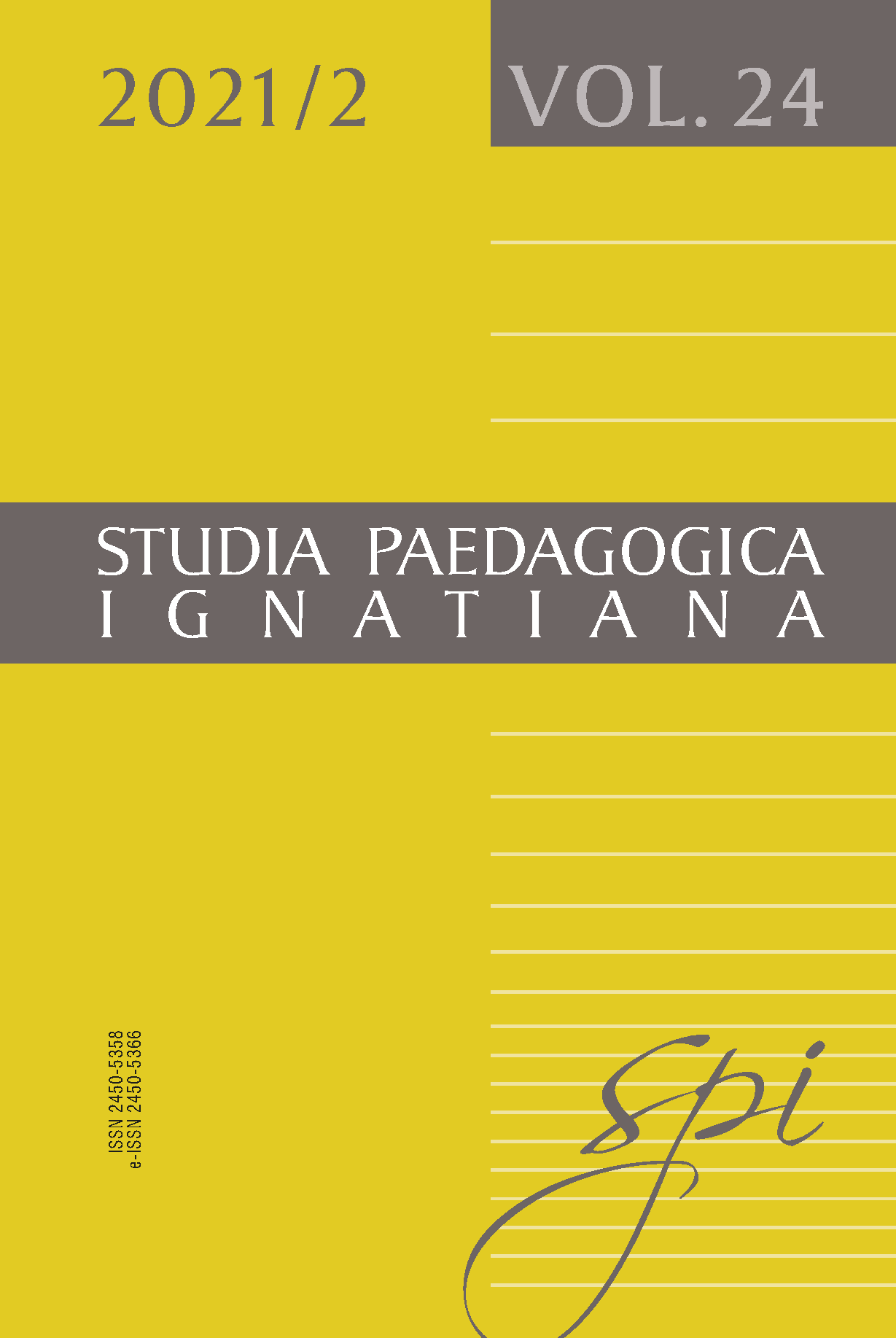Introduction
DOI:
https://doi.org/10.12775/34949Słowa kluczowe
care, education, history of careAbstrakt
Care is an integral part of human life. First, parents take care of their children by supporting their development, education and upbringing. They try to raise their children in the best conditions possible. As time goes by, the roles are reversed and it is the child who takes care about his or her elder parents. Sometimes, if parents are unable to provide their children with proper care, various institutions or organizations take this role. These institutions attempt to protect, educate and bring up such children in the best possible manner. And, by analogy, if adult children are not able to care about their elder parents, they ask proper institutions to protect and support them. Pedagogues, who were interested in studying the issue of care, dealt both with theory and promotion of good educational practices. That is why, the collection of works concerning care includes both theoretical ones, which explain, g. w. the term “care”, its scope, functions and tasks, and works that describe the activities of people or institutions which deal with care.
Bibliografia
Dąbrowski Z. (1987). Teoretyczne podstawy opieki i wychowania przez opiekę, Toruń: Uniwersytet Mikołaja Kopernika.
Dąbrowski Z. (2006). Pedagogika opiekuńcza w zarysie, Olsztyn: Wydawnictwo Uniwersytetu Warmińsko-Mazurskiego.
Gołdyn P. (2013). Pogarda dla zawodu litość dla człowieka. Społeczno-edukacyjne formy działalności wobec kobiet zagrożonych prostytucją w Polsce (1918-1939), Kalisz: Kaliskie Towarzystwo Przyjaciół Nauk.
Markiewiczowa H. (2002). Działalność opiekuńczo-wychowawcza Warszawskiego Towarzystwa Dobroczynności 1814-1914, Warszawa: Wydawnictwo Akademii Pedagogiki Specjalnej.
Sosnowska J. (2020). Opieka nad dzieckiem w Polsce międzywojenne, Łódź: Wydawnictwo Uniwersytetu Łódzkiego.
Pobrania
Opublikowane
Jak cytować
Numer
Dział
Licencja
Prawa autorskie (c) 2021 Studia Paedagogica Ignatiana

Utwór dostępny jest na licencji Creative Commons Uznanie autorstwa – Bez utworów zależnych 4.0 Międzynarodowe.
Autor zgłaszając swój artykuł oświadcza, że:
jest Autorem artykułu (zwanego dalej Utworem) i:
- przysługują mu wyłączne i nieograniczone prawa autorskie do Utworu,
- jest uprawniony/a do rozporządzania prawami autorskimi do Utworu.
Udziela Uniwersytetowi Ignatianum w Krakowie nieodpłatnej, niewyłącznej, nieograniczonej terytorialnie licencji do korzystania z Utworu na następujących polach eksploatacji:
- utrwalania utworu w formie papierowej, a także na nośniku cyfrowym lub magnetycznym;
- zwielokrotnienia utworu dowolną techniką, bez ograniczenia ilości wydań i liczby egzemplarzy;
- rozpowszechniania utworu i jego zwielokrotnionych egzemplarzy na jakimkolwiek nośniku, w tym wprowadzenia do obrotu, sprzedaży, użyczenia, najmu;
- wprowadzenia utworu do pamięci komputera;
- rozpowszechniania utworu w sieciach informatycznych, w tym w sieci Internet;
- publicznego wykonania, wystawienia, wyświetlenia, odtworzenia oraz nadawania i reemitowania, a także publicznego udostępniania utworu w taki sposób, aby każdy mógł mieć do niego dostęp w miejscu i czasie przez siebie wybranym;
- w zakresie praw zależnych do Utworu, obejmujących w szczególności prawo do dokonania koniecznych zmian w Utworze, wynikających z opracowania redakcyjnego i metodycznego, a także do dokonania tłumaczenia Utworu na języki obce.
Udzielenie licencji następuje z chwilą przekazania Utworu na rzecz Uniwersytetowi Ignatianum w Krakowie. Uniwersytet Ignatianum w Krakowie jest uprawniony do udzielania dalszych sublicencji do Utworu, w zakresie udzielonego prawa. Licencja jest ograniczona czasowo i zostaje udzielona na okres 15 lat, licząc od daty jej udzielenia.
Polityka prywatności
Statystyki
Liczba wyświetleń i pobrań: 243
Liczba cytowań: 0



